The ADHD medication shortage continues to persist across the United States, leaving many patients and healthcare providers frustrated.
Despite efforts by federal agencies and drug manufacturers, the supply of medications like Vyvanse and Adderall remains insufficient to meet the increasing demand, now stretching into its second year.
The Food and Drug Administration (FDA) acknowledges the ongoing shortage, attributing it to various factors including the surge in demand following the COVID-19 pandemic. Predictions indicate a 3.1% increase in the medical use of ADHD medications in 2024, fueled by factors such as telemedicine growth, supply chain disruptions, and manufacturing issues.
Reasons Behind ADHD Medication Shortage
One major contributor to the shortage is the Drug Enforcement Administration’s (DEA) annual caps on production of controlled substances.
These quotas, aimed at preventing abuse, have inadvertently constrained manufacturing capacity, exacerbating the shortfall. While the DEA has adjusted some quotas in response to the shortage, concerns remain regarding the sufficiency of these changes.
In November, the DEA announced modifications to the quota-setting process to address unused quotas, but the effectiveness of these changes remains uncertain. Despite assurances that this year’s quotas will meet the increased demand, concerns persist among manufacturers and healthcare professionals.
Generic drugmakers, in particular, have faced challenges in meeting demand due to limitations on the availability of raw materials and production quotas. Apotex, a manufacturer of a generic version of Vyvanse, cited production limits on active ingredients as a significant obstacle to meeting market demand.
While brand-name medications like Adderall and Vyvanse maintain adequate supply, many generic versions face shortages.
Teva Pharmaceuticals, a manufacturer of Adderall, acknowledges unprecedented demand for its branded product but assures availability. However, some generic versions of amphetamine mixed salts struggle to meet demand, indicating a broader issue within the generic market.
The FDA classifies ADHD medications as in shortage if market demand exceeds supply from all manufacturers, emphasizing the ongoing challenges faced by patients and healthcare providers. Efforts to mitigate the impact of the shortage include advising patients to seek alternative medications and collaborating closely with healthcare providers.
Accessing prescriptions during the shortage presents additional challenges for patients, with pharmacies often unable to provide information over the phone due to concerns about drug-seeking behavior. Patients are advised to start the refill process early and work closely with their healthcare providers to explore alternative treatment options.
In conclusion, the ongoing shortage of ADHD medications underscores the need for collaborative efforts between regulatory agencies, drug manufacturers, and healthcare providers to address underlying issues and ensure adequate supply for patients in need.
Despite recent regulatory adjustments, challenges persist, necessitating continued vigilance and flexibility in managing the shortage effectively.
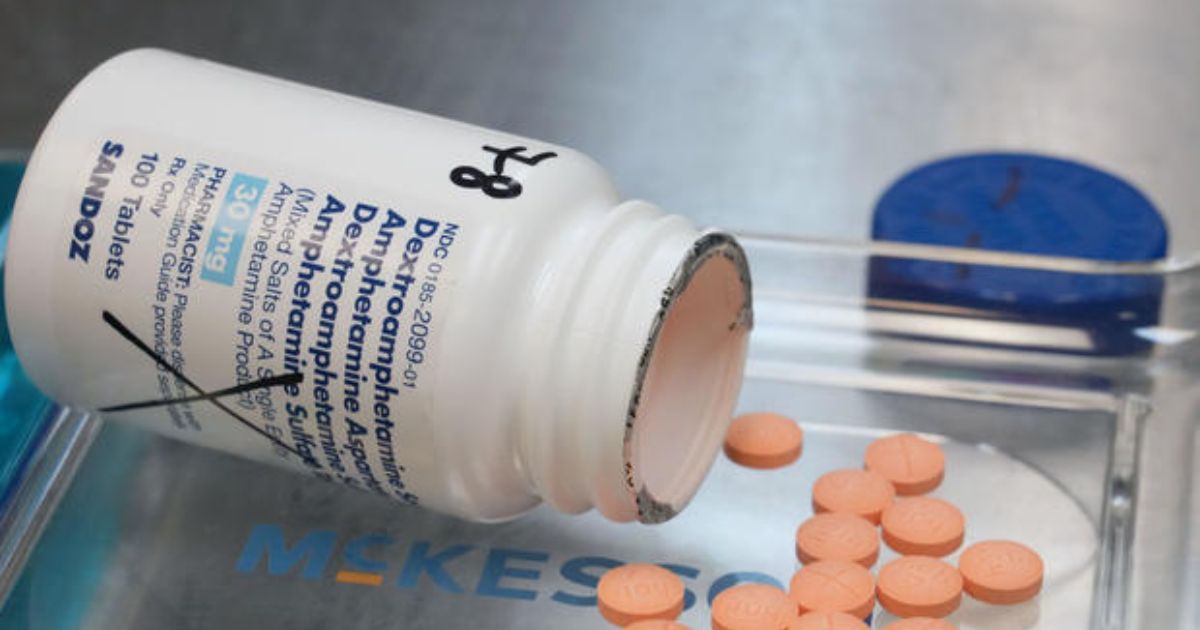
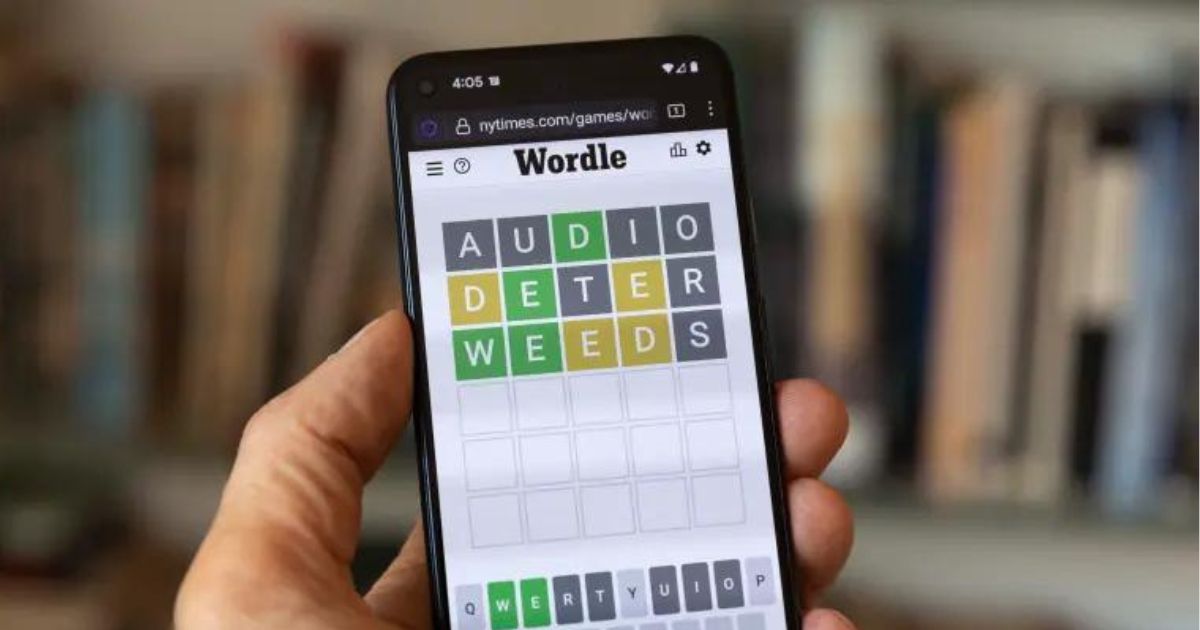
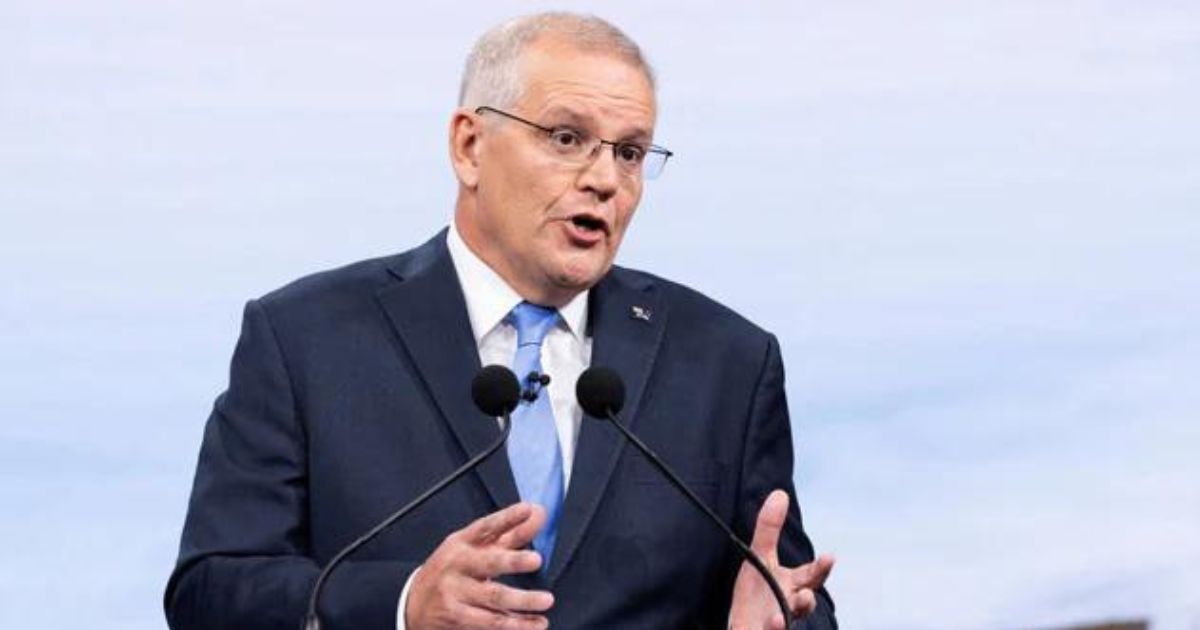


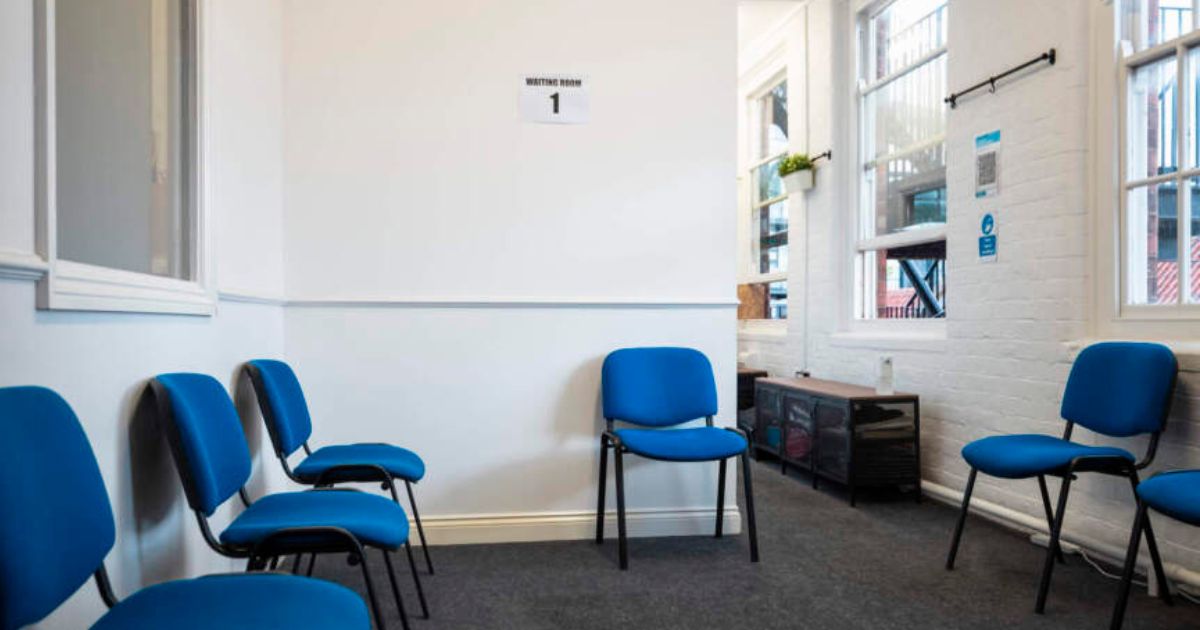
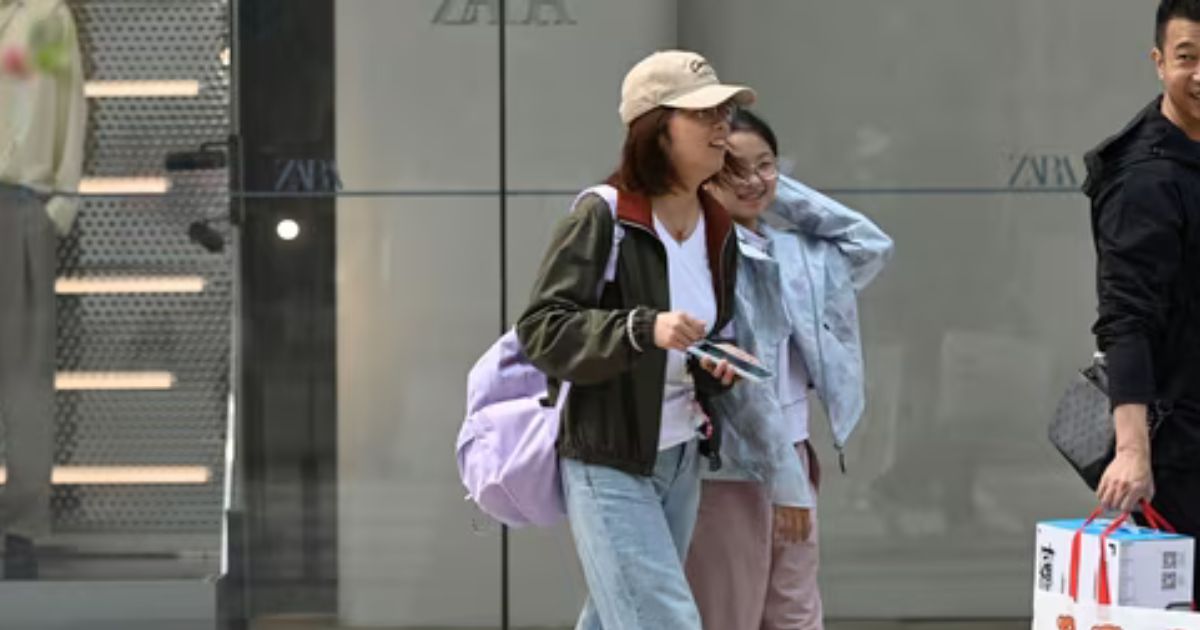

Leave a Reply
You must be logged in to post a comment.